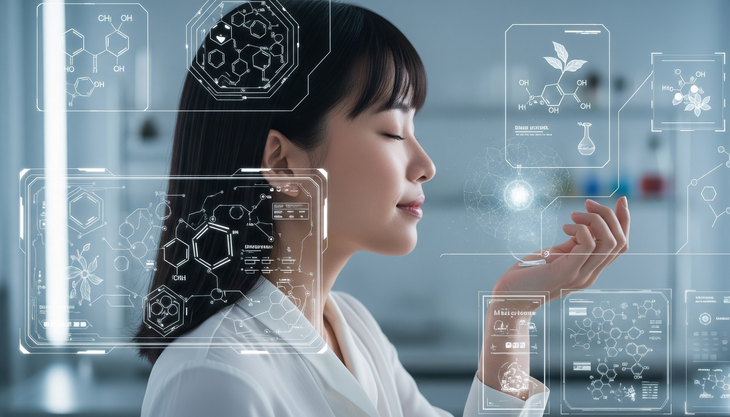
AI is increasingly involved in the perfume making process
AI is being used by many perfume startups to analyze, recommend, and simulate scent formulas based on big data. The system has no sense of smell, but can "smell" using algorithms, predicting the user's emotional response and optimizing each choice.
What was once the privilege of seasoned “perfumers” is now being recreated using deep learning models, ushering in a future where perfumes can be personalized to your mood, the season of the year, or even your musical taste.
AI simulates emotions using scent data
According to Tuoi Tre Online 's research, the technology behind this trend is machine learning models, models trained on data describing flavors, user perceptions, market classification and usage context.
Instead of directly sensing scents, AI "understands" through vector models: Each fragrance component such as bergamot, sandalwood or jasmine is represented by parameters related to scent retention, diffusion, layers and emotional response.
Deep learning allows AI to detect complex relationships that are difficult for a human perfumer to recognize through experience alone. For example, the system might recognize that young people in hot climates tend to prefer light citrus notes combined with musk, and suggest the optimal blend for that market. AI can also detect combinations of scents that have never been combined before, but have the potential to make a strong impression.
What’s special is that the system not only analyzes the ingredients, but also simulates user reactions . A recipe doesn’t need to be real to test. AI can run thousands of simulations based on artificial data, selecting the most viable recipes for final physical testing. A process that used to take months is now measured in days.
One of the most prominent examples of this trend is Osmo, a US-based start-up that specializes in applying AI to fragrance creation. They developed a model that analyzes emotional responses combined with digitizing scent molecules, thereby shortening the perfume creation process to 48 hours. Osmo has widely publicized this achievement, not only as a technical step forward but also as a message of innovation in the traditionally artisanal perfume industry.
Not only Osmo, but leading fragrance groups such as Givaudan, DSM-Firmenich, IFF and Symrise have also integrated AI into the creative process. IBM collaborated with Symrise to develop Philyra, the AI system that helped O Boticário (Brazil) launch an artificial intelligence-based perfume. Givaudan uses Carto, a data-driven fragrance recommendation platform, to support professional perfumers in optimizing their creations.
Customize fragrance according to mood, weather, personality
The combination of AI and user behavior data opens up unprecedented personalization possibilities in the fragrance industry. Some platforms now allow users to enter their preferences, when they wear it, even their music playlist, and the system will suggest suitable scents .
Emotions like “want to relax”, “need confidence”, “getting ready for a date” can all be assigned to corresponding scent combinations that the AI has learned from previous user behavior.
In some early-stage markets, fragrances can even adapt to the weather: Rainy days suggest warm scents, sunny days suggest cool ones. Some personal devices are experimenting with combining AI with biosensors to tailor scents based on heart rate or stress.
Unlike mass production, this process allows for small quantities to be produced on a per-order basis, but is still fast and precise thanks to automated optimization. Users can experience a personalized fragrance and a sense of exclusivity in each bottle of perfume.
AI Redefines the Fragrance Creation Process
Contrary to concerns that AI will replace the art of perfumery, the reality is that the technology is primarily an accelerator and a creative enabler. Perfumers can now use AI as a partner to sift through hundreds of formulas in just a few hours, finding unique and appropriate options to perfect.
Source: https://tuoitre.vn/ai-giup-dieu-che-nuoc-hoa-chi-trong-2-ngay-20250701105034927.htm








![[Photo] General Secretary To Lam attends the 80th anniversary of Vietnam's diplomacy](https://vphoto.vietnam.vn/thumb/1200x675/vietnam/resource/IMAGE/2025/8/25/3dc715efdbf74937b6fe8072bac5cb30)
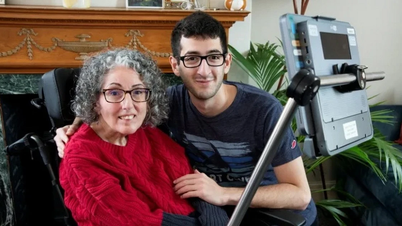

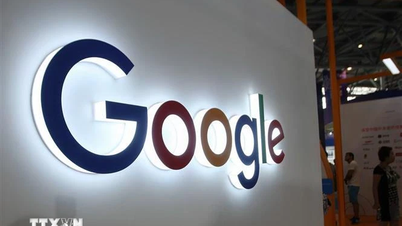
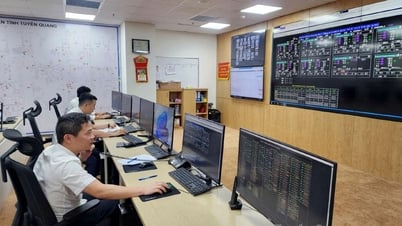




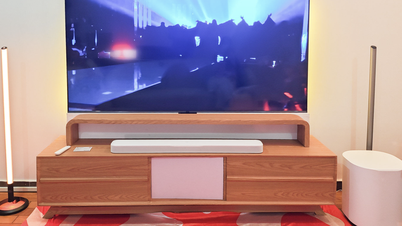



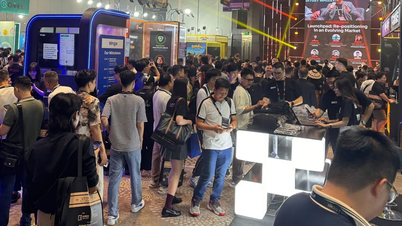


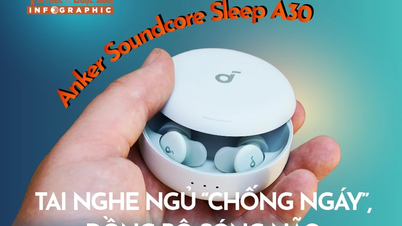






































































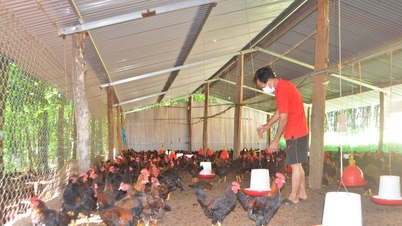











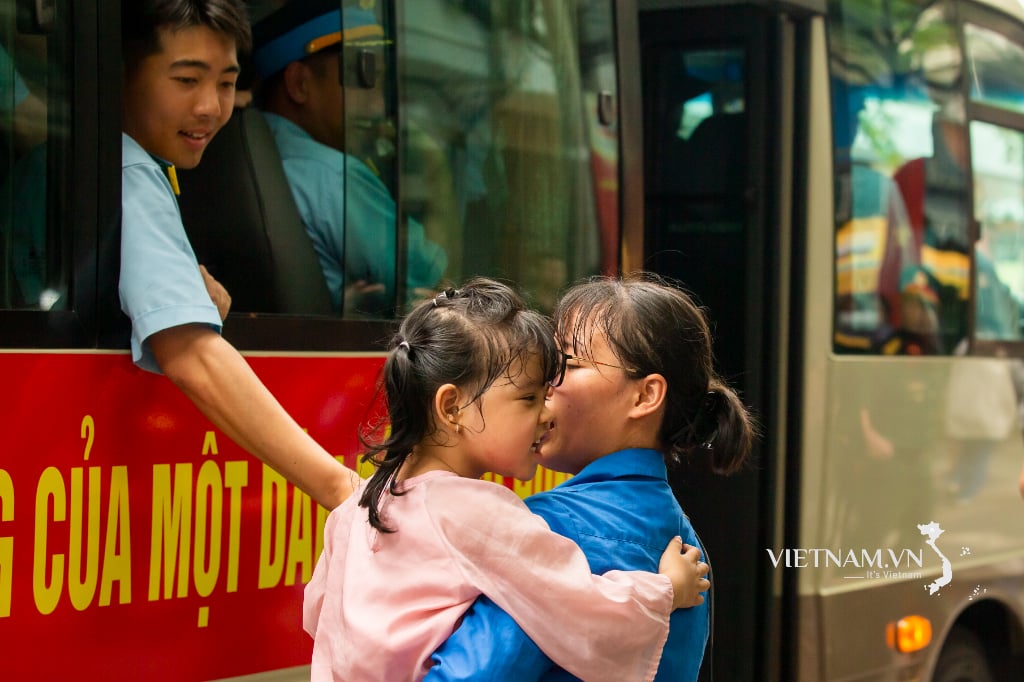


Comment (0)